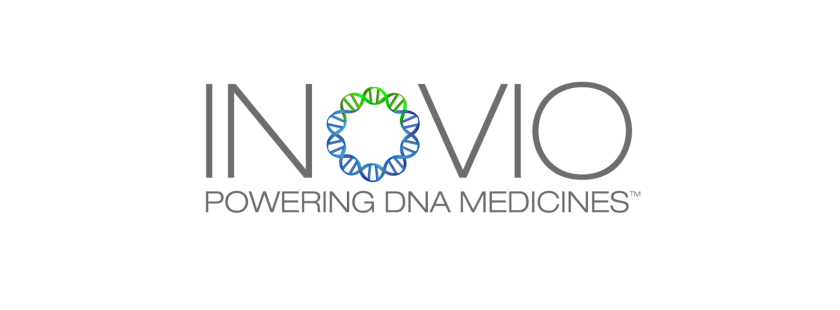FDA slams brakes on Inovio's final-stage COVID-19 vaccine trials

Inovio Pharma’s plan to start pivotal testing of its COVID-19 vaccine has been delayed by FDA requests for more information, sending its shares into a swift decline.
The US drugs regulator has placed the phase 2/3 trial of INO-4800 on partial clinical hold while it seeks answers from the company about the DNA-based vaccine as well as the device used to deliver the shot to patients in the study.
Shares closed down 28% after the announcement, losing further ground after hours, despite assertions by Inovio that it plans to respond to the FDA’s concerns in October, as investors feared a widening gap between the company and rival developers like Moderna, AstraZeneca and Pfizer/BioNTech.
Inovio insists the delay isn’t related to any concerns about the safety of INO-4800, which is thought to be the furthest ahead among four DNA-based vaccines that have started human testing for COVID-19. An expanded phase 1 trial of the shot is still ongoing and unaffected by the partial hold.
Inovio’s vaccine takes the form of a DNA plasmid coding for the full length of the spike or ‘s’ glycoprotein antigen of SARS-CoV-2, the vaccine that causes COVID-19.
It is administered into the skin or muscle using Inovio’s Cellectra device, which uses a technique known as electroporation to open pores in the skin and make it easier for large molecules like plasmids to pass through into tissues.
Once inside the cell, the DNA plasmids instruct the cell to produce the targeted antigen, triggering an immune response against the antigen.
So far however Inovio has reported relatively sparse data with its vaccine, with limited results from a phase 1 human trial in June and following that with non-human primate data in July.
At an investor update in August it updated the figures, saying all 38 patients in its phase 1 trial had generated neutralising antibodies against SARS-CoV-2 and T-cell immune responses, but analysts and shareholders are still waiting for the detail in a peer-review publication.
In the meantime, the study has been expanded to include 80 patients, but the timeline for approval had already slipped by the summer. Even ahead of the FDA clinical hold, Inovio’s estimate of a date for emergency use authorisation in the US had been set back from 2020 to sometime next year.
Bloomberg cited Cantor analyst Charles Duncan as saying the latest delay creates a “management credibility challenge” for Inovio, and also points to an increasingly cautious stance by the FDA on COVID-19 vaccine programmes.
Earlier this week, a group of leading scientists urged Pfizer to wait until at least late November before asking for the FDA to authorise its COVID-19 candidate, saying a premature application without waiting for a full safety dataset could prolong the pandemic.












